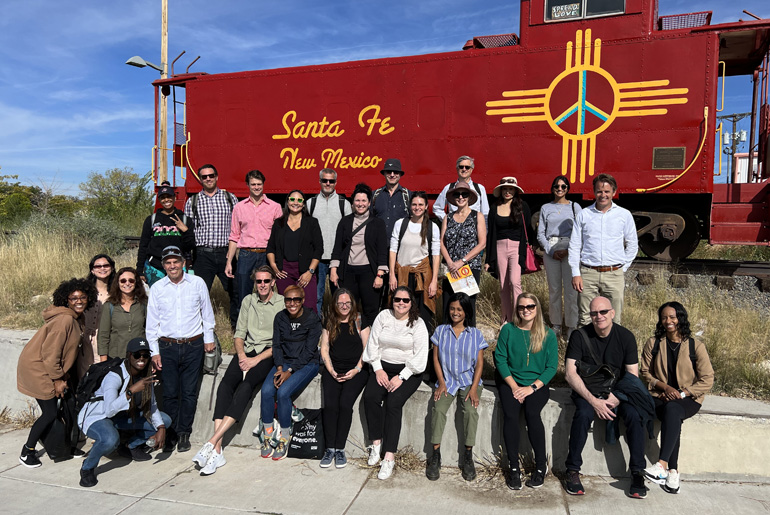Codes Refresher Seminar Highlighted Key Changes New ADA, Title 24 & Lighting Regulations Affect Building Operations
Keeping updated on the many code regulations and changes affecting building operations is a challenge. To help BOMA members handle this daunting task, the BOMA OEB Codes and Standards Committee holds an annual Codes Refresher Seminar. In the recent seminar, some of the topics covered were ADA issues; Title 24, part 6 Energy Code; and BOMA’s involvement with ICC’s Codes Development Process.
Highlights of the program are detailed below.
ADA Update and BOMA’s Efforts For alterations, structural repairs or additions to existing buildings, the ADA 2018 valuation threshold is $161,298, after which buildings must be brought to 100% ADA compliance. This threshold will again be modified in 2019. BOMA’s Government Affairs committee gave an update about its efforts to promote H.R. 620 during the 2018 Winter Business Meeting & National Issues Conference. The law will help curb drive-by lawsuits by imposing a “Notice and Cure” period before a civil lawsuit in case of an ADA violation. “Notice and Cure” will allow 60 days for a building owner to give a written description of improvements that will remove the barrier to entry and an additional 60 days for an owner to remove the barrier.
Title 24 Code Brings Changes to Mechanical & Lighting Title 24, Part 6 is targeting zero net energy goals since the 2013 update, and 2019 is expected to bring even bigger changes to mechanical and lighting. In 2019 code changes for mechanical will require more efficiency increases, Fault Detection and Diagnostics (FDD) for equipment, Demand Controlled Ventilation (DCV) (120.1(c)), occupant sensing zone controls (120.2(e)3) and insulation for refrigerant lines. Lighting power changes are being lowered from 2016 levels, beginning in 2019. These changes apply to manual controls (accessible switches, controls located in the same room), multi-level (all dimming controls), shut-off (zoning, countdown times in closets and data centers, and more), occupancy sensors, daylight requirements and DR requirements.
ICC Code Change Proposal Process The ICC (International Code Council) cycle is three years for code modifications. The ICC Board of Directors work closely with Code Action Committees and create opportunities for participation in the code development process. The board looks at enhancing technical requirements; pursue opportunities to improve and enhance particular technical aspects of the codes; and address complex technical issues, new technology and building science. The first round of hearings consists of the appointed ICC Board of Directors, plus representatives from multiple interests, including regulators. Any time code changes are submitted, an agenda is posted for a code action hearing. After the hearing, there is a public comment period, results are posted and eventually a new edition is published. The process starts with Code Development Committee deliberations, and the committee votes on each code change proposal. BOMA International is a founding strategic partner of ICC and lends its resources to code adoptions. BOMA has representation in the 15-member Code Development Committee.
The final code development process involves voting on the approval of changes, suggesting modifications, or disapproving the code change proposal. Final voting is only by government officials.


Leave A Comment